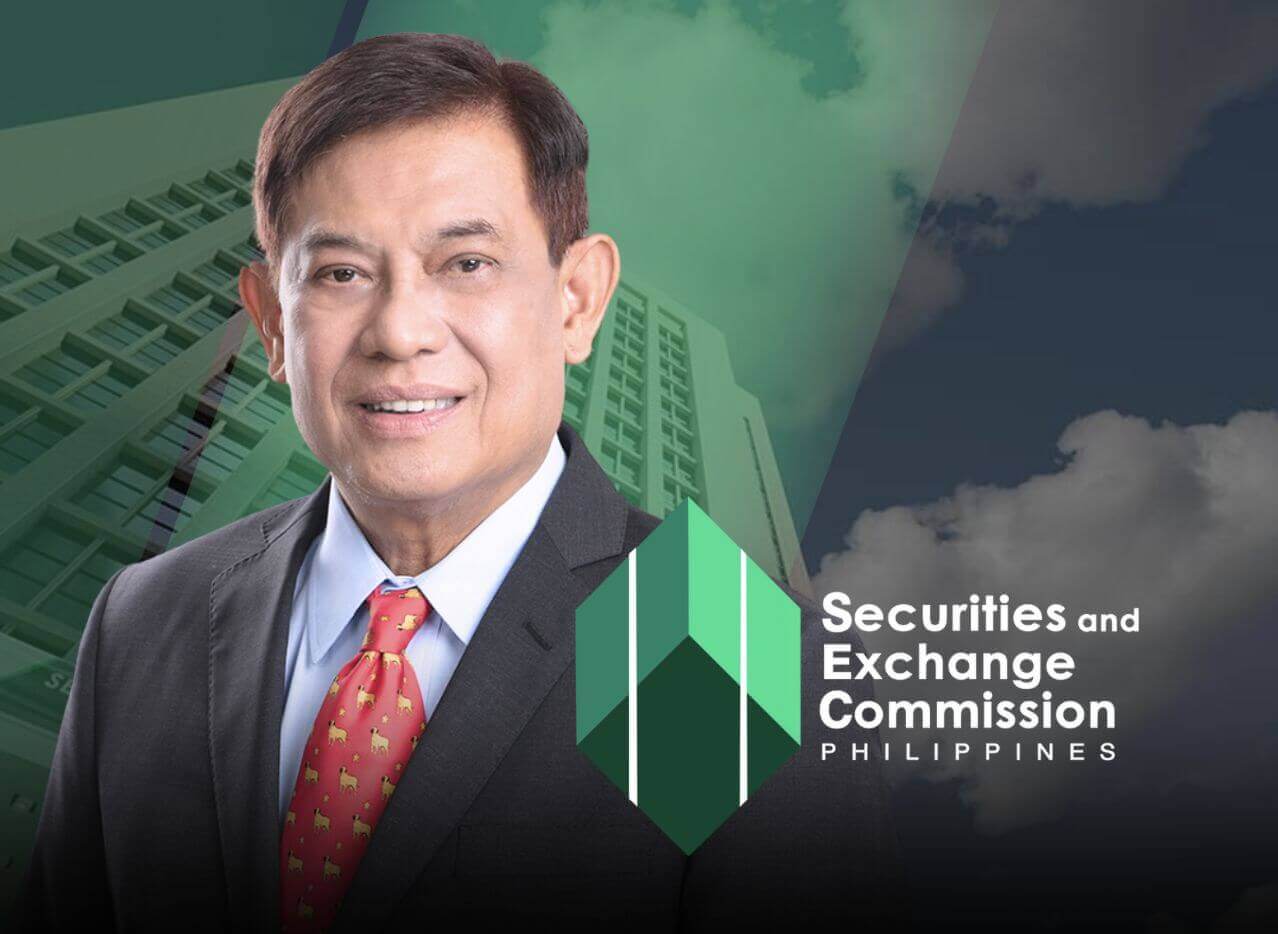

“Corruption is a major concern for local and foreign investors alike. It does not only create crippling uncertainties; it translates to real, unnecessary, additional costs of doing business in the country,” SEC Chair Francis Ed. Lim said.
Pending bills in Congress seek to allow the Bangko Sentral ng Pilipinas to examine deposits when there are reasonable grounds to suspect fraud, insider trading, or other unlawful activity.
SEC: Bank secrecy shields wrongdoing
Lim said this would give regulators timely access to critical financial information, strengthening enforcement against market manipulation and investment scams.
He noted the change would also remove one of the biggest shields used by erring corporations and executives to hide misconduct from regulators.
“The lifting of the bank secrecy law will sustain our efforts toward strengthening transparency and accountability. The measure will eliminate a significant barrier that has long hindered the investigation and prosecution of financial crimes,” he said.
Meeting global standards
The reforms would bring the Philippines closer to global standards after years of pressure from watchdogs like the International Monetary Fund, OECD, and Financial Action Task Force (FATF).
The FATF previously flagged the secrecy regime as a weakness in the country’s anti-money laundering defenses, placing the Philippines on its “grey list” in 2021.
The SEC helped secure the country’s removal from the list earlier this year, but global institutions continue to call for bank secrecy reforms to make oversight more effective.
The Commission also cited its recent moves to tighten transparency, including mandatory disclosure of beneficial owners and a ban on bearer shares.
—Edited by Miguel R. Camus